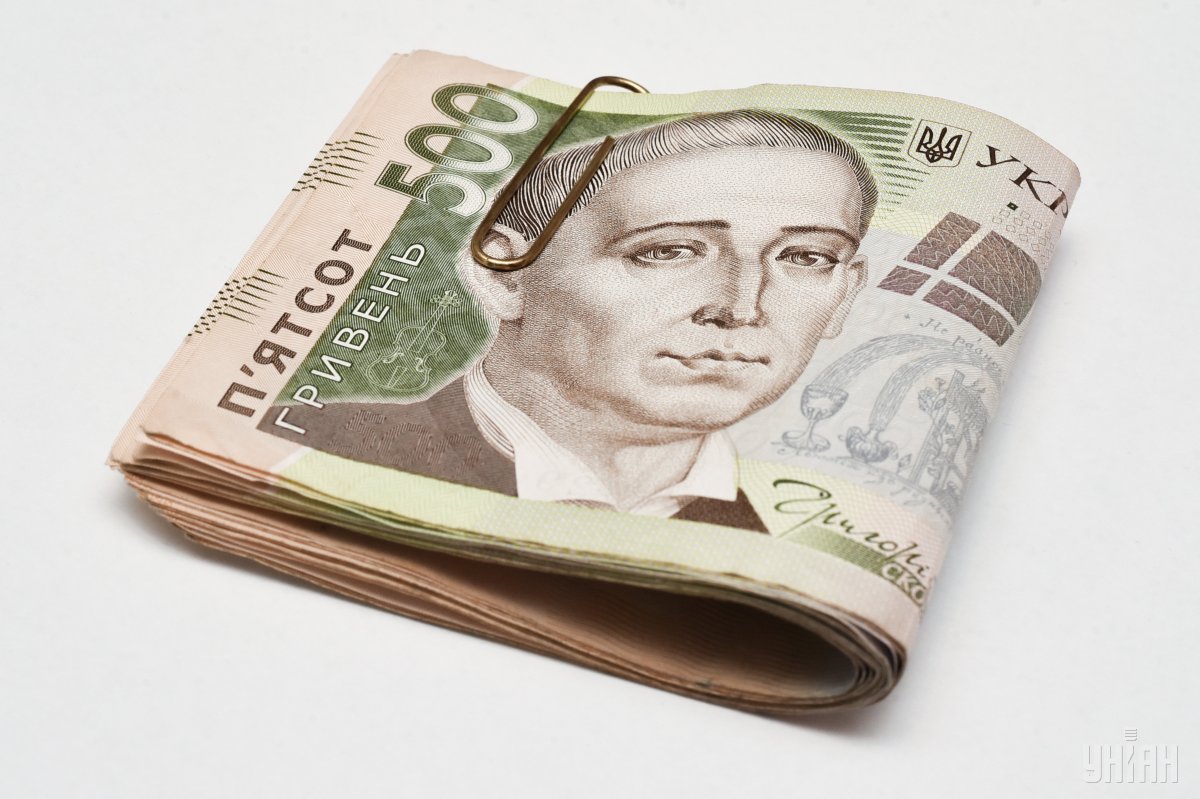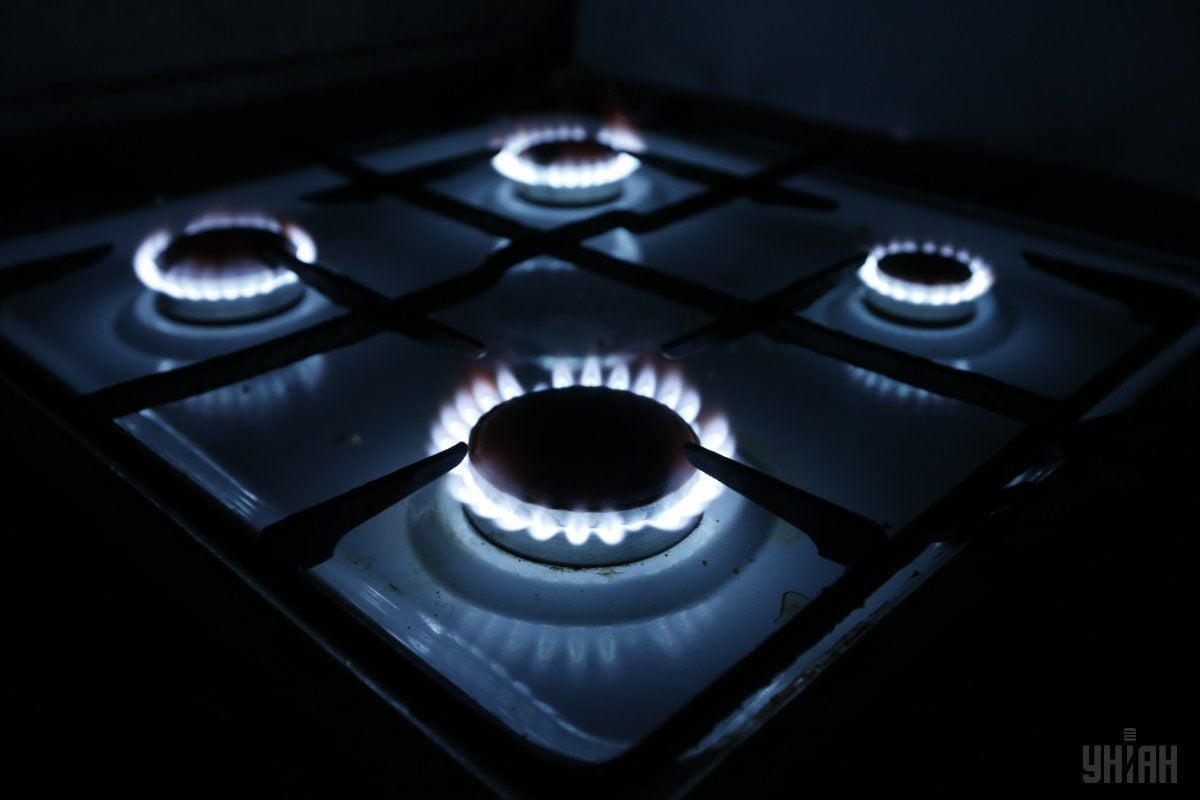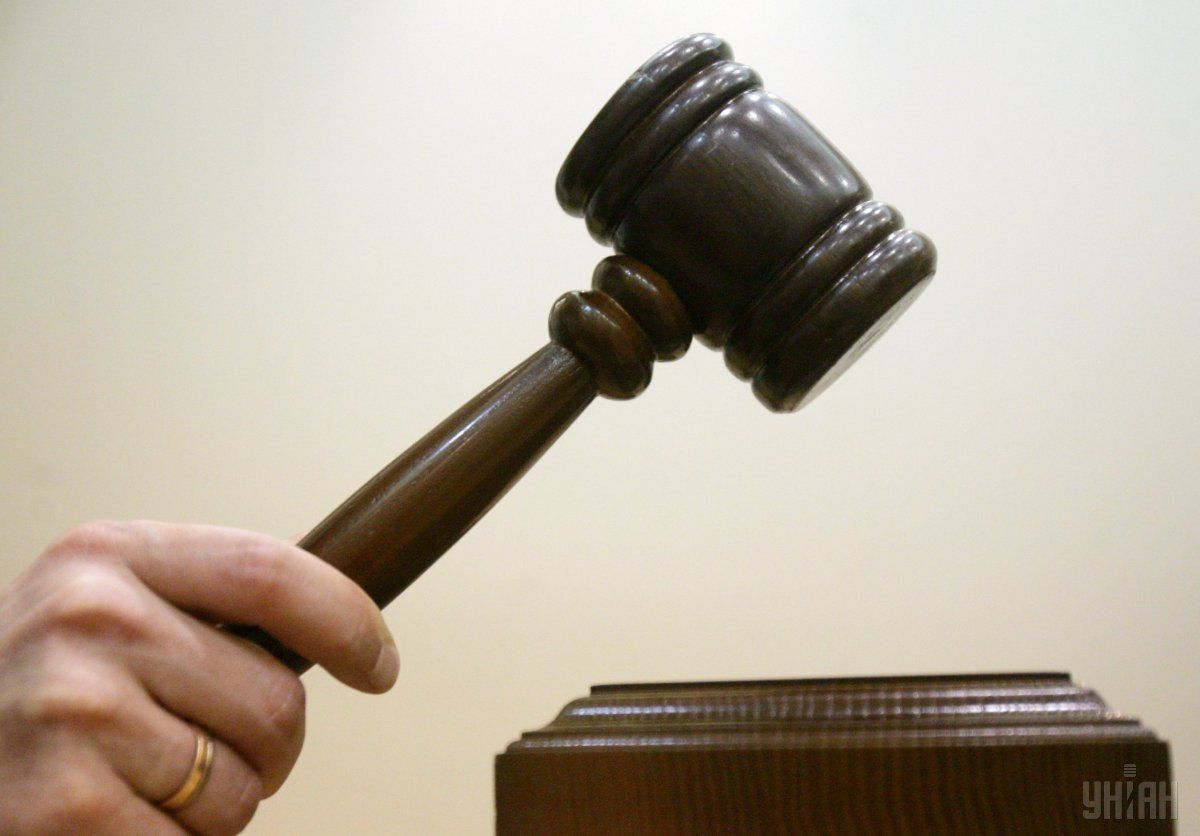
Week's balance: Empty treasury, Kyiv's struggle for hot water, and selection of privatization advisers
The balance of funds in the single account of Ukraine's State Treasury has dropped to its absolute low over the past four and a half years; Kyiv is looking for opportunities to negotiate with Naftogaz, while purchasing fuel from private entities; the State Property Fund has selected investment advisors to conduct large privatization - these are the main economic news of the outgoing week.
For public finances, this week was a logical continuation of the previous one: while previously, authorities admitted a short-term delay in pension payments, now it turned out that the balance of funds in the single account of the State Treasury has fallen to a minimum in the last four and a half years. As of August 1, the sum was below UAH 2 billion, the lowest since January 2014, when the balance of funds was at UAH 1.739 billion.
Acting Minister of Finance Oksana Markarova tried to calm the population, saying that the State Treasury has in its currency accounts the sum equivalent to UAH 20.9 billion, which is not reflected in the standard report.
According to her, taking into account the financial plan for August, the Finance Ministry had no grounds for selling the currency.
"Failure to fulfill borrowings targets for the first quarter of 2018 at UAH 56 billion is the main reason for the low level of the hryvnia single treasury account, but overall liquidity is sufficient. The situation is under control, all payments are being done on time," said Markarova.
Despite these statements, already on August 2, the Finance Ministry raised UAH 2.1 billion at an unscheduled auction on placement of domestic bonds. The ministry informed that funds had been raised as a result of the sale of bonds with maturities of 96 and 187 days with a weighted average yield of 18% per annum. There was no placement of foreign currency bonds.
The report stating that the state budget in the first half-year was executed with a deficit of UAH 9.8 billion added some pessimism.
It is also important to note the devaluation of the hryvnia, which the central bank explained by a number of factors, including changes in the domestic bond market.
"In particular, it is the active conduct by companies of transactions on transferring dividends abroad (from early July, nearly $300 million was purchased), withdrawal of non-residents from domestic bonds (from early July, the share of domestic bonds in portfolios of non-resident decreased by almost UAH 1.3 billion)," noted the NBU.
But there followed no specific explanations for other negative phenomena of the last two weeks, while earlier, the first persons of the state pointed at a completely stable state of the economy.
Delays in pension payments and thin State Treasury accounts could be a result of Ukraine recently allocating UAH 8 billion to repay debts under international obligations, that's according to Deputy Prime Minister Pavlo Rozenko.
If that is the case, then a quite reasonable question arises: what will happen in 2019, which, as experts point out, will see peak debt repayments on Ukraine's international obligations?
This means, money is needed already today. Moreover, the next tranche of the International Monetary Fund may not be enough to safely complete the presidential and parliamentary election campaigns in 2019.
Kyiv struggle for heat, hot water

Meanwhile, Kyiv residents are facing a threat of heating season failure, therefore, the most important news of the outgoing week is undoubtedly the confrontation of Kyivteploenergo utility company with NJSC Naftogaz of Ukraine.
The fact is that Naftogaz refuses to "violate the law" and conclude a contract for gas supplies with Kyivteploenergo until the latter recognizes itself the successor of a nearly UAH 5 bln debt for gas of the previous heat utility manager in Kyiv, Rinat Akhmetov's Kyivenergo. It was only the court or Naftogaz's sole shareholder, Ukraine Government, who could make the company resort to such a move.
In mid-July, the administrative court in Kyiv ruled that neither Kyivteploenergo nor Kyiv's territorial community should be held responsible for Kyivenergo's debts to Naftogaz. However, this court decision concerned the enforcement of only part of the debt of Kyivenergo to Naftogaz, rather than the entire amount.
Meanwhile, the parties are trying to resolve the issue of the continuity of the entire debt in another litigation, which is constantly being delayed by Kyivenergo and Naftogaz lawyers. Next court hearing in this case, which will only be preparatory, will be held on September 10.
This could eventually become a really long saga, therefore, it's not only centralized hot water supply but also centralized heating could be under threat ahead of the next heating season.
If the situation remains unaddressed, the problem may turn into a national-level utility disaster.
Apparently, the Cabinet realizes the threat and on August 1, on the instruction of President Petro Poroshenko, developed and proposed a long-term solution that would allow restoring gas supply to Kyiv-based heat-generating facilities on preferential terms, without violating legislation.
On the same day, a meeting was held between Kyiv Mayor Vitali Klitschko and Naftogaz CEO Andriy Kobolyev, dedicated to finding a compromise on issues of debts and gas supplies.
Naftogaz press service said that it was about concluding a peace agreement between the parties, but it is not clear yet, what concessions these two sides are prepared to make to reach the deal.
Meanwhile, on the same day, Naftogaz informed that the Kyiv city state administration decided to purchase more than 18 million cubic meters of gas from a private company Ukrnaftoburinnia to ensure the stable operation of the city's thermal power stations. At the same time, a 1,000 cubic meters cost the capital UAH 10,200, the price 47% higher that of Naftogaz, according to its special obligations to sell gas for the needs of the population and TPPs.
The city administration explained their actions by the need to prevent the shutdown of CHPP-5, which together with the CHPP-6 and Energia waste incineration plant in the past week was finally transferred to the management of Kyivteploenergo.
Koboliev believes the capital authorities artificially created a situation with non-recognition of debts of Kyivenergo to buy gas at a higher price from a private company. He recalled that earlier, Kyiv officials quietly and without any loud declarations recognized the dubious debt of the municipal enterprise Kyiv Metro in the amount of UAH 1.8 billion before a private company.
Advisers for large-scale privatization

Given the situation with the filling of the state budget, privatization can become a source of an important financial aid to the government.
And while last week the State Property Fund finally launched a process of small-scale privatization, this week, the competition commission selected advisers for six large privatization objects.
The most significant of these enterprises out up for sale is the Odesa Portside Chemical Plant, which the acting head of the State Property Fund, Vitaliy Trubarov, considers almost the most problematic object that scheduled to be sold.
Pericles Global Advisory LLC will be preparing the company for its sale, having only a few months to complete this important task.
"The adviser undertook to carry out within thee months all necessary audits, prepare the financial model of the enterprise, search for potential investors and, most importantly, provide a solution to the problem of toxicity of debt obligations," said Trubarov, adding that Rothschild Polska was a runner-up in the adviser selection process.
In the near future, the State Property Fund plans to select advisers to privatize other large state assets.
Incidentally, in the state budget, this year's target revenues from privatization are set at UAH 21.3 billion. Representatives of the State Property Fund and Ministry of Economic Development and Trade have already made it clear that, as in previous years, the plan will fail, just like in the previous years.
The second week of August promises to be hot. Agrarians will continue to fight for the heavy harvest of early cereals, the State Statistics Service will inform about the level of inflation in July, while the hryvnia will have to prove its ability to withstand the traditional fever in the end of summer.
Dmytro Schwartz

